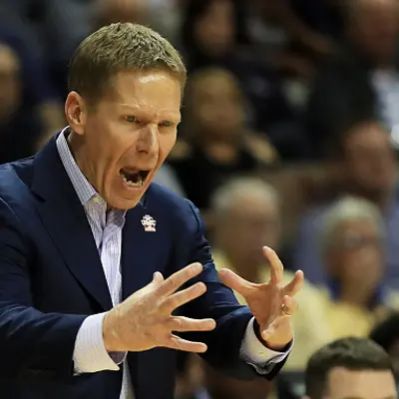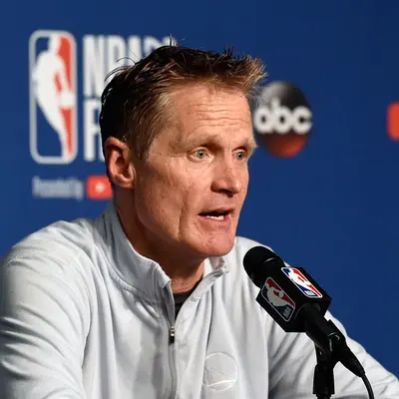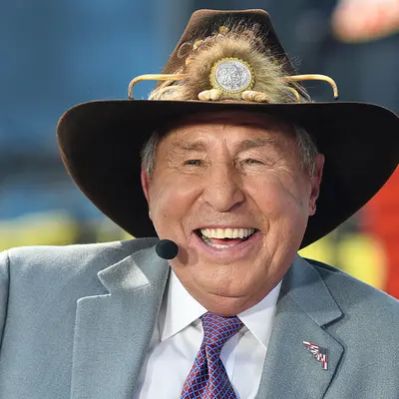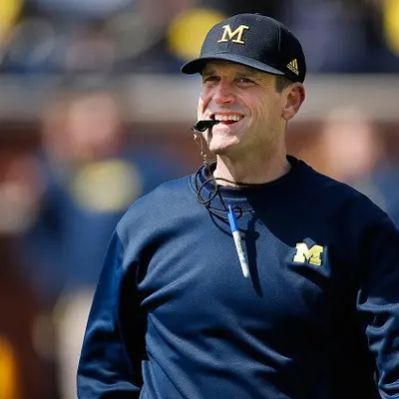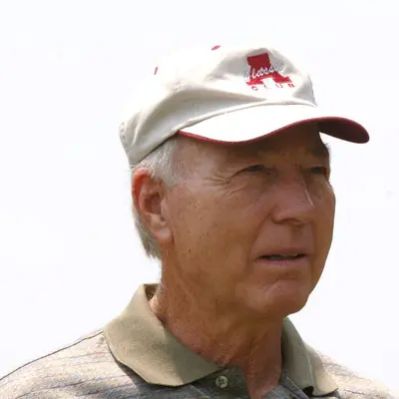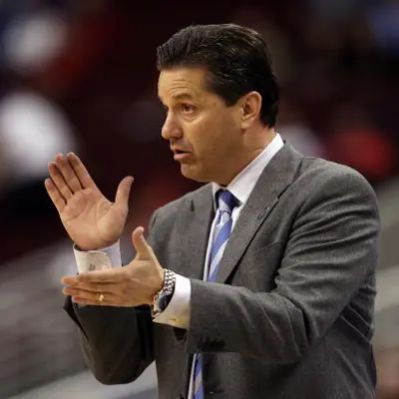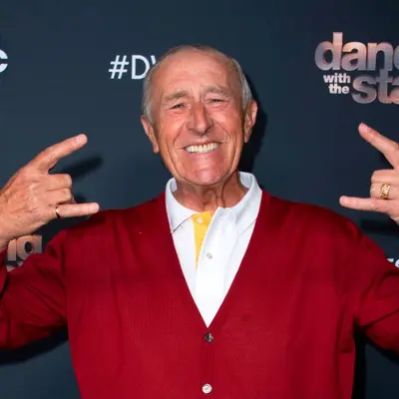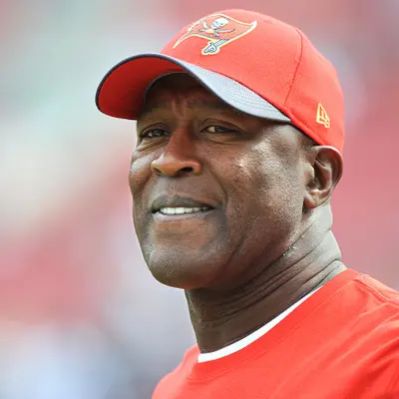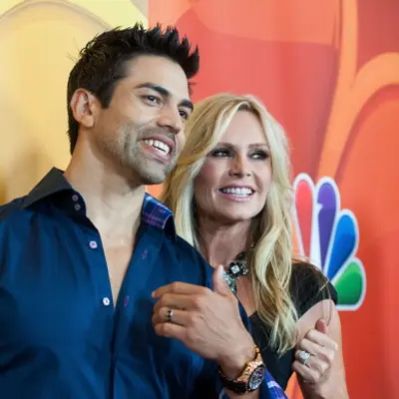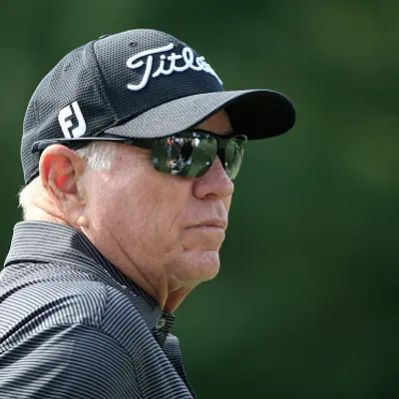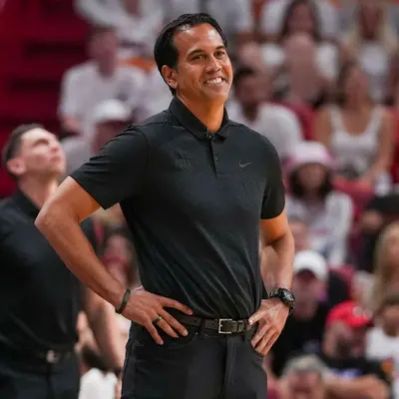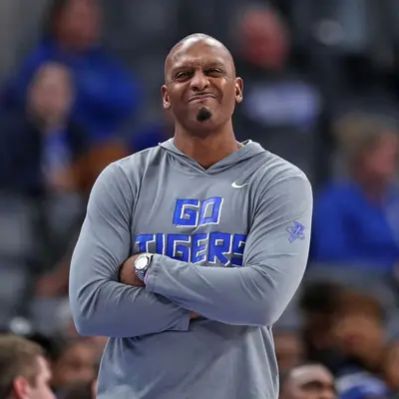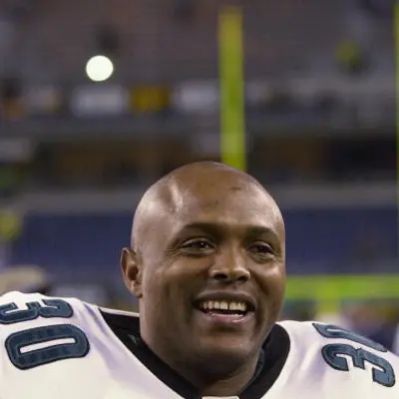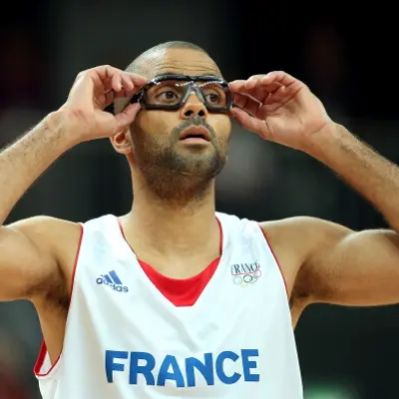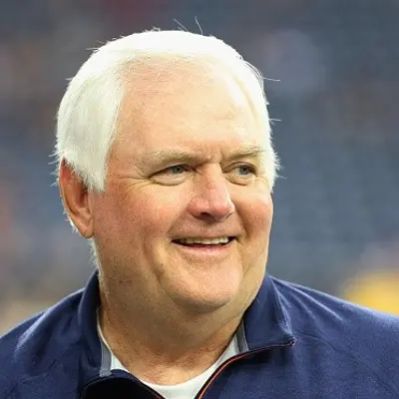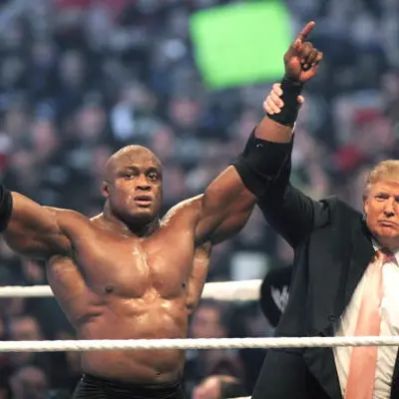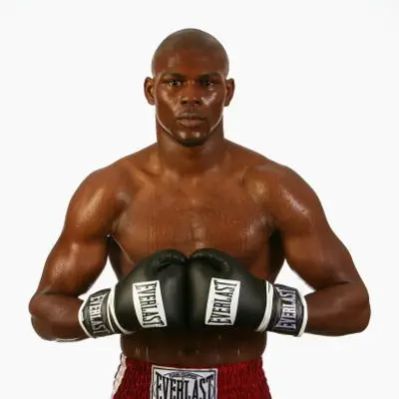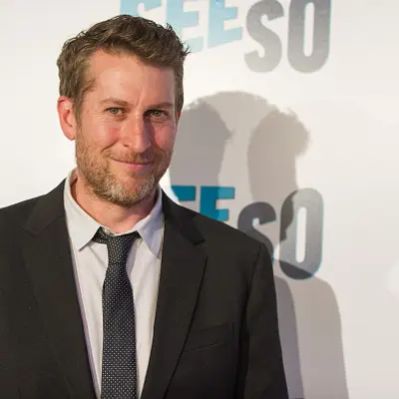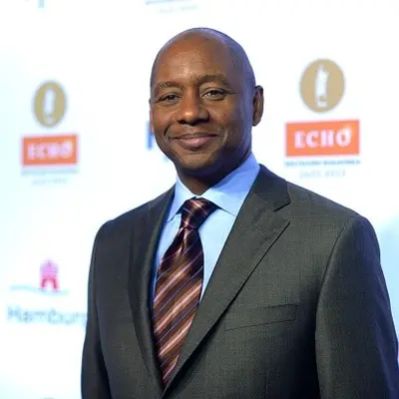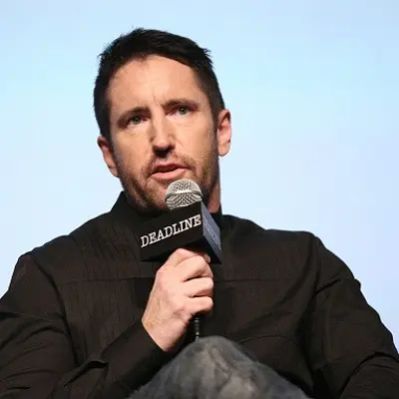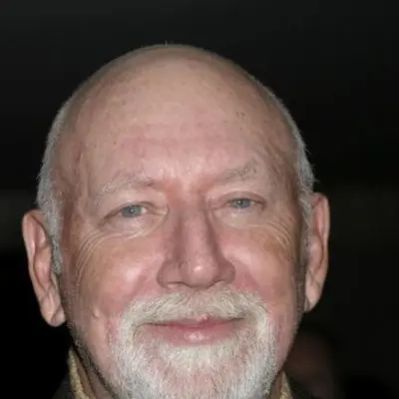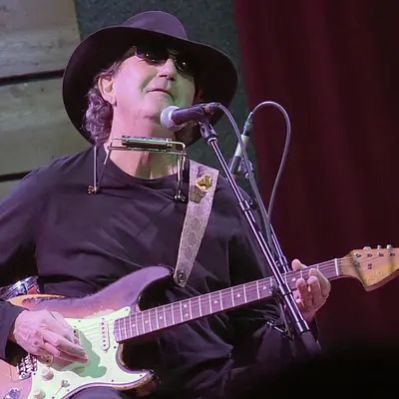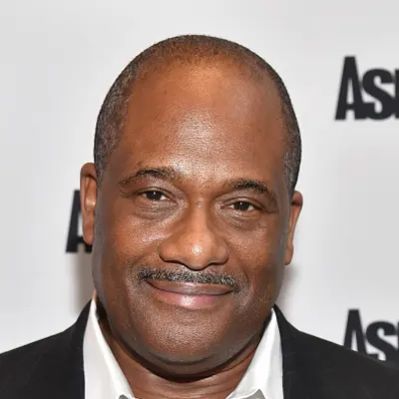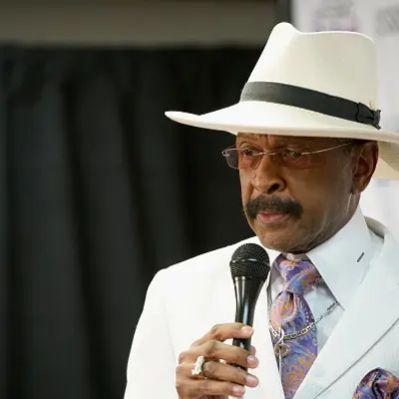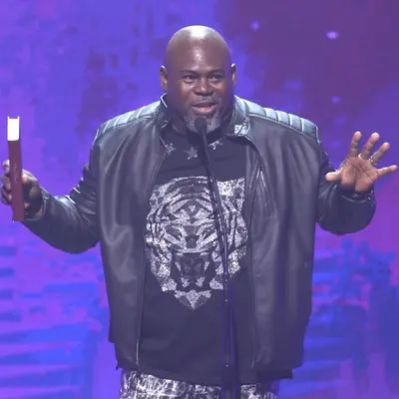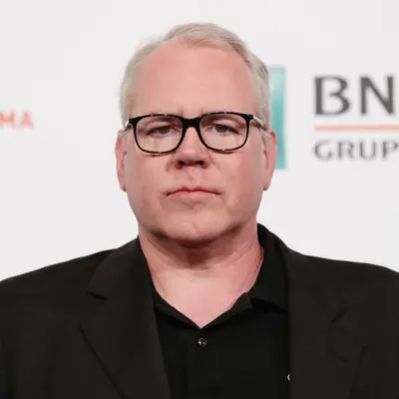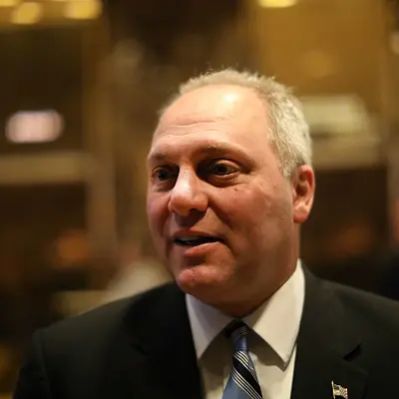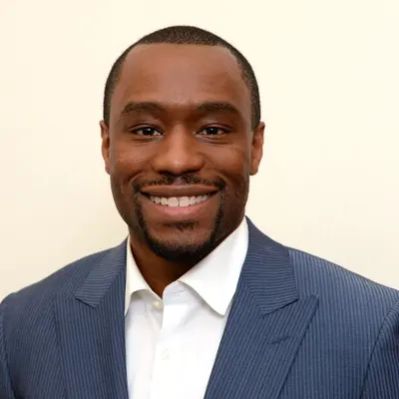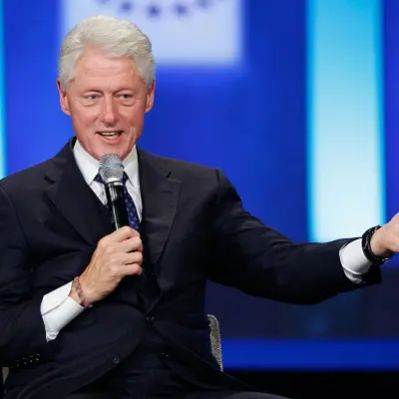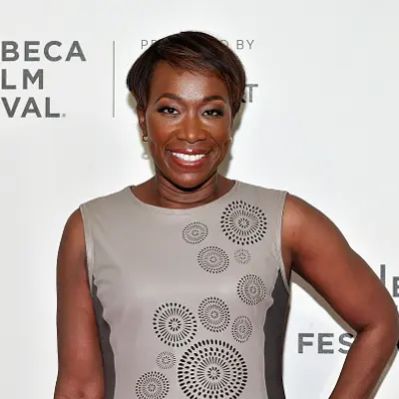What Is Sean Foley’s Net Worth
Sean Foley, a prominent Canadian golf instructor, has accumulated a net worth of $4 million. This figure reflects his successful career coaching numerous PGA Tour professionals and his endeavors within the golf industry. While the exact breakdown of his net worth into specific asset classes (e.g., real estate, investments, endorsements) isn’t publicly detailed, it’s primarily derived from his income as a sought-after golf instructor.
Sean Foley’s Career as a Golf Instructor
Sean Foley’s career trajectory showcases a deliberate and strategic approach to becoming a top-tier golf instructor. Inspired by observing David Leadbetter coaching Nick Faldo at the RBC Canadian Open in the early 1990s at Glen Abbey Golf Course, Foley set a goal in his mid-teens to coach elite players. This ambition led him to pursue an Arts degree at Tennessee State University, where he also played on the varsity golf team. While he didn’t pursue a professional playing career, his educational background and playing experience provided a solid foundation for his future role.
Foley’s coaching career gained momentum as he began working with notable players such as Sean O’Hair, Hunter Mahan, Stephen Ames, and Parker McLachlin. His ability to improve their performance and refine their techniques quickly established his reputation within the PGA Tour circuit. He began coaching Justin Rose at the end of 2009 and also coached Canadian PGA Tour player Chris Baryla, contributing to Rose’s rise in the world rankings and Baryla’s professional development. While specific details of his contracts with these players are not publicly available, it is common practice for golf instructors of Foley’s caliber to earn a combination of hourly rates, performance-based bonuses, and potentially a percentage of tournament winnings from their students.
A significant milestone in Foley’s career was his partnership with Tiger Woods, which began in the summer of 2010. While the details of their agreement were never fully disclosed, coaching someone of Woods’ stature undoubtedly enhanced Foley’s profile and earning potential. The arrangement lasted until August 2014, during which time Woods experienced periods of both success and challenges. It is reasonable to assume that Foley’s compensation during this period was substantial, given Woods’ endorsement deals and tournament earnings.
In addition to his work with Woods, Foley expanded his clientele to include Noh Seung-yul in 2012, and Lee Westwood in the summer of 2013. These partnerships further solidified his position as a sought-after instructor for top international players. Foley’s coaching philosophy emphasizes a scientific approach to the golf swing, advocating for a weight distribution of approximately 55% on the left side (for right-handed golfers) at setup, maintained throughout the swing until contact, when close to 80% of the weight should be on the left foot. This approach, similar to that of instructors Mike Bennett and Andy Plummer, reflects his study of the swings of classic players who maintained a centered position over the ball.
Beyond his individual coaching engagements, Foley has been the head coach for the Canadian Junior Golf Association since 2003. He also teaches at Core Golf Junior Academy at Orange County National in Winter Garden, Florida. These roles provide a steady income stream and allow him to contribute to the development of young golfers. It is difficult to estimate the exact figures he earns from these positions without access to private financial data, but they are likely significant components of his overall earnings.
The specific financial details surrounding Foley’s split with Sean O’Hair in May 2011 are not publicly available. Foley cited O’Hair’s need for a fresh start and his own desire to change the direction of his instruction as the reasons for the separation. Such splits are common in the world of professional golf, as players and instructors seek the best fit to optimize performance.
Sean Foley is represented by agent Chris Armstrong of the Wasserman Media Group. This representation likely involves Armstrong negotiating contracts, managing Foley’s brand, and securing endorsement opportunities. Agents typically receive a percentage of their clients’ earnings, which further contributes to the overall financial ecosystem surrounding Foley’s career.
Sean Foley’s Earnings and Assets
While a precise breakdown of Sean Foley’s $4 million net worth remains undisclosed, it’s reasonable to infer the primary drivers. His income stems from coaching fees, likely including hourly rates, retainers, and performance-based bonuses tied to his students’ success in tournaments and rankings. Contracts with high-profile golfers like Tiger Woods and Justin Rose would have commanded significant compensation packages. Beyond coaching income, Foley’s role as head coach for the Canadian Junior Golf Association and his teaching position at Core Golf Junior Academy contribute to a steady income stream.
Unfortunately, specific details regarding Foley’s real estate holdings, investment portfolio, or endorsement deals are not publicly available. It’s common for high-net-worth individuals to invest in real estate, stocks, bonds, and other assets. However, without access to private financial records, it’s impossible to determine the specifics of Foley’s investment strategy. Similarly, information about potential endorsement deals with golf equipment manufacturers or other companies is not publicly accessible. Such deals can significantly supplement an instructor’s income and contribute to their overall net worth.
Regarding personal assets, there are no publicly available details about Foley owning private aircraft or luxury vehicles. These types of assets can represent a significant portion of an individual’s net worth but are typically not disclosed unless they become part of public record through property transactions or other legal filings.
Without more detailed financial information, it’s challenging to provide a more granular analysis of Sean Foley’s net worth. However, based on his successful career as a golf instructor to numerous high-profile players, it is evident that his $4 million net worth is a testament to his expertise, reputation, and earning power within the golf industry.
 Net Worth Ranker
Net Worth Ranker

